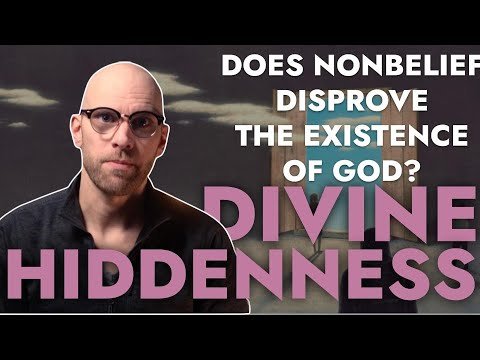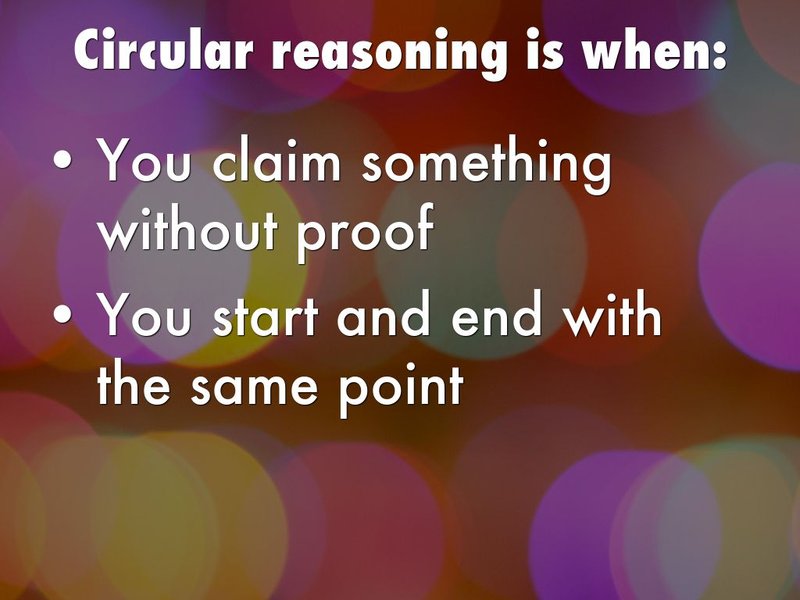· Apologetics > Apologetics Basics > Arguments · 4 min read
Divine Wisdom: Unveiling Hiddenness for Christian Seekers
Explore the concept of divine hiddenness in this thought-provoking article. Delve into discussions on the absence of clear evidence for the existence of God and its implications.

Divine Hiddenness
Divine hiddenness, also known as the argument from divine hiddenness, is a philosophical concept that addresses why some people do not recognize the existence of God, even if God does indeed exist. This argument suggests that it is reasonable for individuals not to believe in a God they cannot see, even if they desire for Him to be present. It also proposes that a perfectly loving God would ensure that all His creatures are unable to doubt His existence.
The Argument from Reasonable Non-Belief
The argument from divine hiddenness was popularized by Canadian philosopher J. L. Schellenberg. He posits that a perfect and personal God would logically be perfectly loving. As a loving God, He would seek an emotional connection with all His creatures or at least be open to it. According to Schellenberg, any person desiring a relationship with God could have it and would therefore be convinced of God’s existence since it is impossible to have a relationship with a God one believes does not exist.
Schellenberg further argues that if such a God exists, there would be no “nonresistant nonbelievers.” In other words, there would be no individuals who both desire a relationship with God and yet do not believe in His existence. However, these “nonresistant nonbelievers” do exist. There are people who genuinely want to know God but find Him hidden from them. Therefore, Schellenberg concludes that since God is loving and would not hide Himself from those who desire to know Him, He must not exist.
The Biblical Perspective
It is important to note that initially, when the relationship between God and humanity began with Adam and Eve in the garden (Genesis 3:8), God was not hidden at all. It was after humans disobeyed God and fell into sin that they hid from Him. Therefore, it was humanity who initiated the separation between themselves and God by hiding, not vice versa.
Furthermore, God has made His existence known through creation (Psalm 19), but humans often suppress this knowledge in various ways (Romans 1). The concept of the “nonresistant nonbeliever” may simply refer to individuals who have grown up in cultures where the philosophies and arguments of resistant unbelievers, who actively suppress the knowledge of God, are prevalent and taught in schools and media. These individuals, who are not resistant to a relationship with God but struggle to believe in His existence, may have been influenced by the lies of those who oppose God and seek to suppress knowledge of Him (2 Corinthians 4:4).
However, it is crucial to understand that God has taken the initiative to reconcile the rift between Himself and humanity caused by sin (2 Corinthians 5:20; Romans 5:10). He promises that when we seek Him, we will find Him (Jeremiah 29:13). Jesus Himself said, “Ask, and it will be given to you; seek, and you will find; knock, and it will be opened to you” (Matthew 7:7-8).
Why This Matters
The concept of divine hiddenness raises important questions about the nature of God’s existence and His interaction with humanity. It challenges our understanding of how a loving God would reveal Himself to His creatures. By exploring this topic, we can deepen our understanding of the complexities surrounding belief in God and the factors that may influence one’s ability to recognize His presence.
Think About It
- Do you think it is reasonable for someone not to believe in a God they cannot see? Why or why not?
- How might cultural influences impact an individual’s perception of God’s existence?
- Consider your own journey of faith. Have there been times when you felt God’s presence more strongly or struggled to believe in His existence? Reflect on what factors may have influenced those experiences.
In conclusion, the argument from divine hiddenness highlights the challenges some individuals face in recognizing the existence of God. However, it is important to consider the biblical perspective that emphasizes God’s desire to reveal Himself to humanity and the impact of human choices and cultural influences on belief. Through seeking a deeper understanding of this concept, we can grow in our relationship with God and engage with others who may struggle with divine hiddenness.



